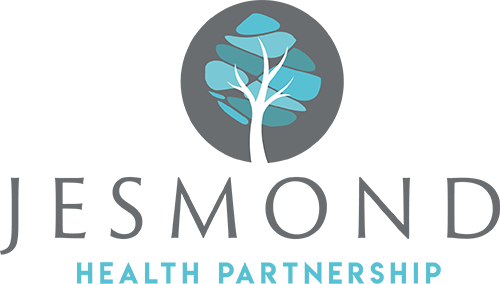Friday 10th September marks World Suicide Prevention Day.
Since 2003, the annual event, run by the International Association for Suicide Prevention (IASP), has sought to create hope through action.
Every suicide is tragic and has devastating consequences for family, friends and others. But, by raising awareness, reducing the stigma around discussing suicide, and encouraging well-informed action, IASP believes instances of suicide around the world can be reduced.
More than 6,000 people die by suicide in the UK every year. Around three in every four of those people are male. Suicide is the single biggest cause of death in men in their 20s, 30s and 40s.
Factors
The factors that lead to suicide are complex. Life events can make people more vulnerable, as can mental health conditions like anxiety and depression. Self-harm – more prevalent in younger age groups and women – is also a known risk factor.
The stigma around discussing suicide is a major barrier to people seeking – or offering – help. Asking someone if they are having suicidal thoughts won’t give them the idea to try, but it will give them the permission to tell you how they feel.
The North East and North Cumbria (NENC) Suicide Prevention Network say that asking someone if they are suicidal; can protect them. Just the act of reaching out can save a life.
Actions
We can each take three straightforward actions: looking after ourselves, looking out for others, and getting help early.
[Rich_Web_Video id=”1″]
Our mental health is as important as our physical health, and we need to make sure we take care of both equally. Looking after our mental wellbeing has been especially important over the last 18 months. NENC Suicide Prevention Network have compiled a booklet and valuable resources to managing our mental wellbeing against the backdrop of covid.
If you are worried about someone else, the most important thing you can offer is your time. Check-in, lend an ear and show that you care. Many useful pocket-sized resources have been produced as part of a suicide prevention tin, such as wallet cards focusing on suicide prevention and self-harm, including guidance for parents and carers.
Copies of these resources are being made available in pharmacies, A&E departments and other health settings. You can also request them directly through the NENC Suicide Prevention Network.

Whether you or someone else is struggling to cope, remember there is hope, and you are not alone. There is professional help available to listen, hear your concerns and offer you advice. It’s ok to ask for help.
Trust your instinct, too – if you think someone might be at risk of suicide – ask them directly and listen compassionately. That conversation could save a life.
